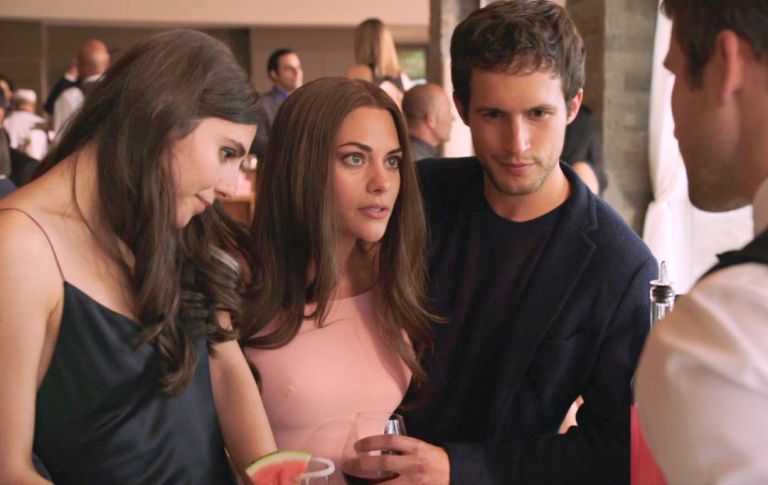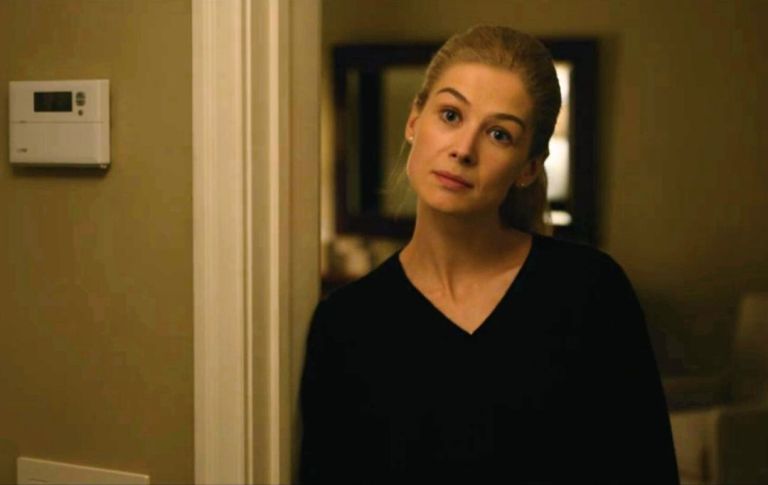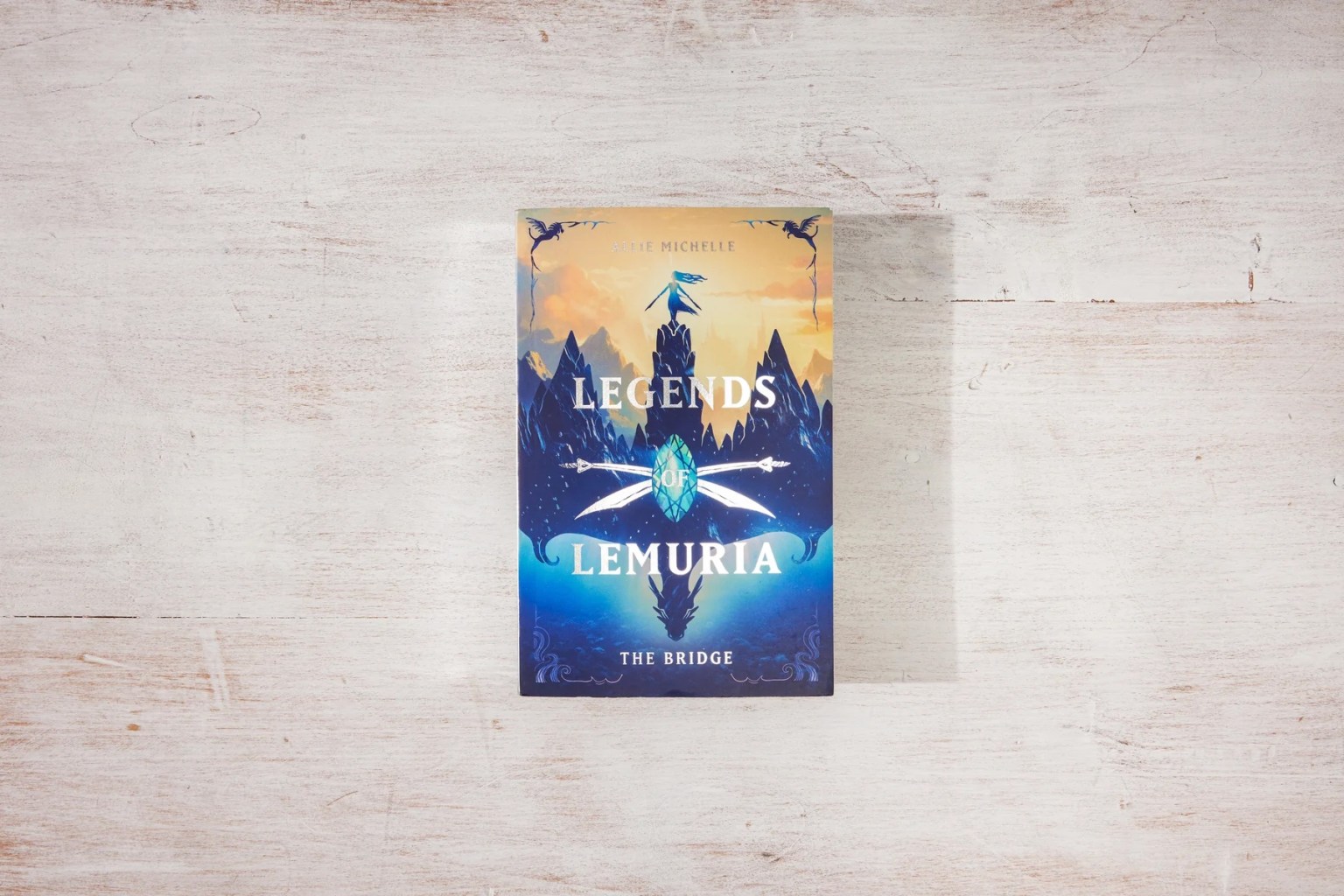Shahida Arabi
Shahida is a graduate of Harvard University and Columbia University. She is a published researcher and author of Power: Surviving and Thriving After Narcissistic Abuse and Breaking Trauma Bonds with Narcissists and Psychopaths. Her books have been translated into 16+ languages all over the world. Her work has been featured on Salon, HuffPost, Inc., Bustle, Psychology Today, Healthline, VICE, NYDaily News and more. For more inspiration and insight on manipulation and red flags, follow her on Instagram here.
Why Women Are Deleting Bumble and Choosing Bears Over Men: Dating Apps and Their Great Fumble
Bumble apologizes for its great fumble of an ad campaign against celibacy for women – against a backdrop of the 4B movement where women are opting out of dating apps and “bear vs. man” debate.
If You Notice These 6 Signs, You’re The Scapegoat of A Narcissist’s Pathological Envy
Are you the scapegoat of a narcissist’s malicious, pathological envy? Here are six signs to watch out for.
6 Bold Movies About Strong Mothers That Are A Must Watch for Mother’s Day
Mothers with fierce maternal instincts, mothers who beat all the odds, mothers with the ability to challenge the stereotypes of motherhood and boldly stand in their own values regardless of what society says, strong, resilient mothers who take charge when action are needed – we love them all. Here are six bold movies about strong mothers that will help you celebrate your own this Mother’s Day.
8 Dark Romance Thriller Movies About Sociopaths That Will Chill Your Bones
Some of the best thriller movies have elements of dark romance embedded within – torturous love affairs turned into torment, titillating stories of betrayal, obsession, and secrecy. They also often feature sociopathic or psychopathic characters who are manipulative, conniving, and willing to do whatever it takes to meet their personal agendas. Here are the top best dark romance thriller movies featuring sociopathic characters that will chill your bones and make your heart skip a beat.
Women With “Black Cat Energy” Use These 6 Dating Principles To Attract High-Quality Men
Women with dangerously powerful “black cat energy” win at dating and love, attracting high-quality men with these six principles.
7 Red Flag Phrases Only Narcissists and Toxic People Say On Dating Apps
If you hear these phrases from someone on a dating app, stay alert. They may be toxic.
9 Best Quotes From Sex and the City That Still Describe Modern Dating For Women Even Today
These Sex and the City moments will be relatable to any woman in the modern dating world.
When Narcissists Say These 9 Phrases In Relationships, Here’s What They Really Mean
When narcissists say these 9 phrases in relationships, this is what they really mean.
Why Joe Goldberg Couldn’t Handle Love Quinn: What Happens When Two Psychopaths Fall In Love and Battle For Power
Why psychopaths Joe Goldberg and Love Quinn on the TV show “You” just couldn’t make it work.
6 of the Most Toxic Rom-Coms In Movie History (That Romanticize Red Flags)
Does love truly conquer all, or are those your rose-colored rationalizations speaking? Here are six toxic popular rom-coms that may have been entertaining, but romanticize red flags in relationships.
The 9 Best TV Psychological Thriller Shows of All Time — And Where to Stream Them
Psychological thriller shows enthrall us and often feature mind games and psychopaths that keep us hooked. Here are the best 9 psychological thriller tv shows of all time and where to stream them.
Emotionally Mature People Never Do These 3 Things In Relationships (But Narcissists Do)
Emotionally mature people don’t do these three things in relationships, but narcissists do.
Women Quit Dating, Sex, Marriage and Children With Men As 4B Movement Comes to The United States
As the 4B movement comes to the United States, women opt out of dating, sex, marriage, and childrearing. Here’s what that means for the future.
People Who Claim They’re Empaths But Are Actually Narcissists Display These 3 Subtle Behaviors
Are they an empath or a narcissist? Here’s how to tell, according to an expert.
4 Movies About Toxic Limerence That Will Make You Reassess Your Fantasy Relationship and Situationship
These four movies about toxic limerence and emotional unavailability will make you think twice about your situationship and fantasy relationships.
3 Love Lessons The TV Show “Imposters” Taught Us About Sociopathic Manipulators and Con Artists
Here’s what we learned about sociopathic manipulators in love from the TV show Imposters.
11 Best Movies and TV Shows About Female Narcissists and Psychopaths
The top movies and tv shows about female narcissists and psychopaths that will validate and thrill you.
3 Dating Mind Games Narcissists and Psychopaths Play To Create Competition and Devalue You In Love
Narcissists play these three dating mind games to create competition and make you jealous.



















